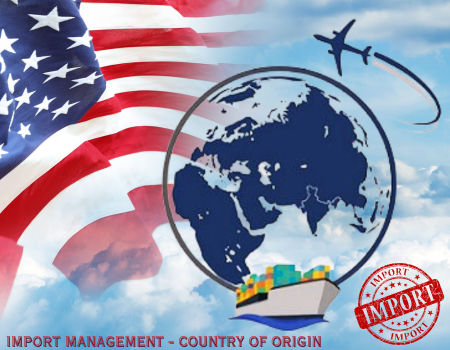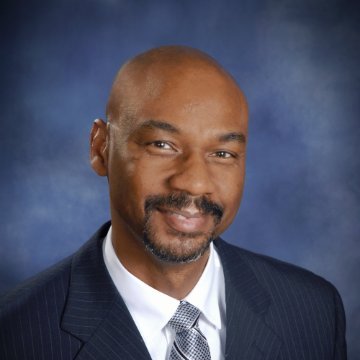Call us: +1-855-202-3299
Email: [email protected]
Introduction to Country of Origin: Essential Practices for Import Management
Speaker: Rossano V Gerald
Speaker Designation: Founder, RVG International Consulting Firm, LLC

Call us: +1-855-202-3299
Email: [email protected]
Speaker: Rossano V Gerald
Speaker Designation: Founder, RVG International Consulting Firm, LLC

Under the Tariff Act of 1930, every article of foreign origin (or its container) imported into the U.S., unless exempted, must be marked to indicate to the ultimate purchaser the article's country of origin. The Tariff Act regulations at 19 C.F.R. Section 134, administered and enforced by the U.S. Customs and Border Protection (CBP), provide exemptions to COO marking requirements and the products exempted from COO marking requirements by regulation under 19 C.F.R. Section 134.33. Finished products and parts of end items can originate in many different countries. As a result, determining origin can be a very complex and sometimes subjective process. Importers must understand the rules and regulations that impact the labeling of their products.
This training program will discuss the historical background, legal framework, and overall concepts of origin. It will also highlight the difference between non-preferential and preferential origins and guide attendees in making origin determinations for imports and exports.
All countries regulate the movement of goods across their borders. In most countries, a customs agency or customs service governs this import and export activity. Since 2001's 9/11, US imports have been managed by the Bureau of Customs and Border Protection (CBP) in the United States. Pre-dating 9/11, entering into force in 1994, the U. S. Customs Modernization Act (a Congressional Act), also known as the Mod Act, transferred the responsibility of adhering to all U.S. import laws and regulations to a shared responsibility between CBP and the U.S. importer.
As the party primarily responsible for adherence to these laws and regulations concerning imported goods, the importer should have a robust internal control program surrounding all its import activities. Suppose you are a global trader and have any import or export activity. In that case, you are also subject to your national customs laws and regulations and the globally agreed upon trading rules established and adopted by all World Trade Organization member nations (WTO).

Dr. Rossano V. Gerald is an Academic Professor and Founder of RVG International Consulting Firm, LLC. He has over thirty years of business experience in strategic management, marketing analysis, and supply chain management; and is also a veteran of the United States Army.
He has worked with small and medium-sized businesses to help improve their business logistic processes through verification of operational and supply chain programs. Also, he has developed management and marketing strategies that were used to improve the efficiency and effectiveness of my client's business operations in this global economy. He earned a Doctor of Business Administration in International Business and Advanced Professional Business Certification in Marketing from Argosy University/Sarasota; Thomas Jefferson School of Law Master of Science of Law Degree (J.S.M.) for International Tax and Finance Services in the Risk Compliance & Management field.
He is also a candidate at the Univ. of Phoenix/ MBA Project Management degree program. He is a member of the Free Trade Alliance, San Antonio Transportation Association, Inc., San Antonio SCORE, TX, Supply Chain Council and Institute of Business Forecasting & Planning, and CATO Institute of Research & Analysis and Academy of Business Research. He is a Certified Supply Chain Manager, and Inventory Planner and Property Forecaster, Certified Consultant for Business Value Analysis and Methodology, Certified Export Leaders of the Free Trade Alliance and Casa of San Antonio, TX; Certified Master Management Consultant and Master Project Manager; and Certified Marketing Analyst and Registered Business Analyst by the International Management Consultant Certification Board (IMCB);Certified CCA ™ Chartered Compliance Analyst AAFM ® American Academy of Financial Management/ AAPM ® American Academy of Project Management.
ChE Chartered Economist (GAFM) GAFM ® Global Academy of Finance & Management ®. He is also a member of the Council of Supply Chain Management Professionals; and an Advisor for the Mu Kappa Tau Marketing of the Honor Society.